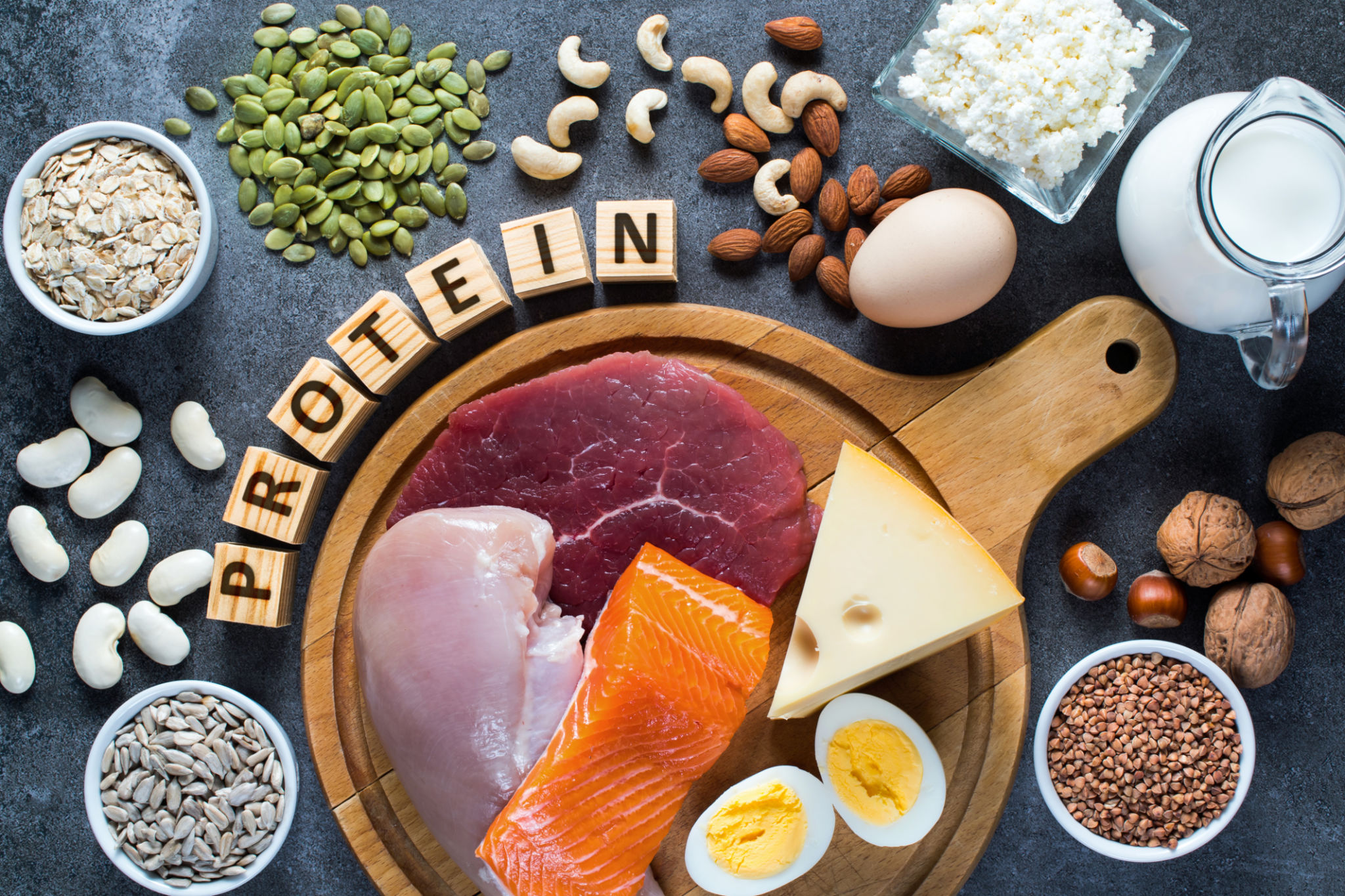Ultimate Guide to Sports Nutrition for Teen Athletes
Understanding the Basics of Sports Nutrition
Proper nutrition is crucial for teen athletes to fuel their bodies and optimize performance. Adolescents engaged in sports have different nutritional needs compared to their non-active peers, primarily due to the increased energy expenditure and physical demands of their chosen sports. Understanding these needs is the first step towards enhancing athletic performance.

Macronutrients: The Building Blocks
Macronutrients are the primary nutrients required in large amounts and include carbohydrates, proteins, and fats. These nutrients play vital roles in energy production, muscle repair, and overall health.
Carbohydrates are the primary energy source for athletes. They provide the necessary fuel for high-intensity and endurance activities. Teen athletes should aim to include whole grains, fruits, and vegetables in their diet to ensure a steady supply of energy.
Protein for Muscle Repair and Growth
Proteins are essential for muscle repair and growth. Teen athletes should include lean meats, eggs, dairy products, legumes, and nuts in their meals. Ensuring adequate protein intake can help in quicker recovery post-training sessions.

The Role of Fats
Healthy fats are crucial for hormone production and energy balance. Sources like avocados, nuts, seeds, and olive oil should be part of a balanced diet. However, it is important to avoid trans fats found in processed foods.
Vitamins and Minerals: Micronutrients Matter
While macronutrients get most of the attention, vitamins and minerals are equally important. They support various bodily functions, including bone health, immune function, and energy production.

Calcium and Iron: Key Minerals
Calcium is vital for bone development, especially during the teenage years when peak bone mass is being established. Dairy products and leafy greens are excellent sources. Iron is essential for carrying oxygen to muscles; red meat and fortified cereals can help meet iron needs.
Hydration: The Overlooked Component
Staying hydrated is crucial for maintaining performance levels. Water is the best choice for hydration, but during intense or long-duration activities, sports drinks can help replace lost electrolytes. Teen athletes should aim to drink water before, during, and after exercise.
Creating a Balanced Meal Plan
Combining all these elements into a balanced meal plan requires planning. A typical day might include:
- Breakfast: Whole grain toast with avocado, scrambled eggs, and a fruit smoothie.
- Lunch: Grilled chicken salad with mixed greens, quinoa, and a variety of colorful vegetables.
- Dinner: Baked salmon with sweet potatoes and steamed broccoli.
- Snacks: Greek yogurt with honey, nuts, or fresh fruit.
The Importance of Timing
Nutrient timing can also impact performance. Consuming a meal or snack rich in carbohydrates and protein within 30 minutes to two hours post-exercise can enhance recovery. Planning meals around training schedules can support energy levels and recovery processes.